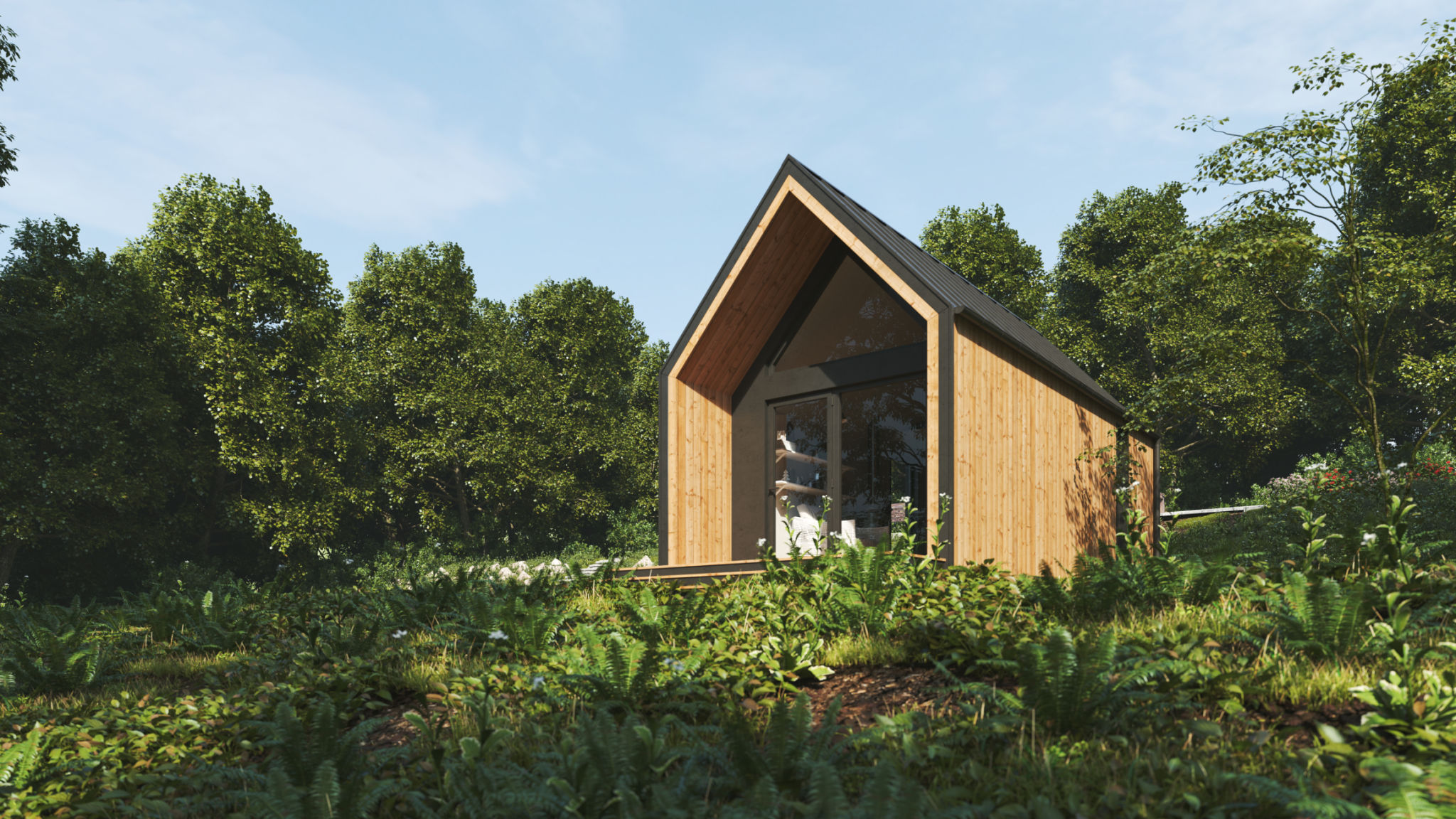Innovative Eco-Friendly Construction Techniques Transforming Ghana's Skyline
Introduction to Eco-Friendly Construction in Ghana
Ghana's skyline is evolving rapidly, reflecting the country's economic growth and urbanization. However, with these advancements comes the pressing need for sustainable construction practices. As environmental concerns become more pronounced, innovative eco-friendly construction techniques are transforming the architectural landscape in Ghana.

Embracing Sustainable Materials
One of the most impactful ways to incorporate sustainability into construction is through the use of eco-friendly materials. In Ghana, there is a growing trend towards utilizing materials such as bamboo, recycled steel, and locally sourced timber. These materials not only reduce the carbon footprint but also support local economies.
Bamboo: A Versatile Option
Bamboo is particularly gaining popularity due to its rapid growth and durability. It serves as a robust alternative to traditional wood, offering both structural integrity and aesthetic appeal. Its natural resistance to pests and environmental adaptability make it an excellent choice for sustainable building.

Innovative Construction Techniques
Beyond materials, construction techniques play a crucial role in sustainability. In Ghana, several innovative methods are being adopted to enhance energy efficiency and reduce waste. Techniques such as prefabrication and modular construction are becoming more common, allowing for quicker builds with minimal waste.
Energy-Efficient Designs
Designing buildings to maximize natural light and ventilation significantly reduces dependency on artificial heating and cooling systems. Architects in Ghana are increasingly incorporating features such as large windows, open spaces, and green roofs to create energy-efficient structures.

Waste Reduction and Recycling
Waste management is a critical component of sustainable construction. In Ghana, there is a concerted effort to reduce waste through recycling and repurposing materials. Construction sites are adopting practices like sorting waste for recycling and using reclaimed materials for new projects.
Community Involvement in Sustainability
Building sustainably is not just the responsibility of architects and construction firms. Community involvement is pivotal in ensuring that eco-friendly practices are embraced at all levels. Educational programs and workshops are being conducted across Ghana to raise awareness about sustainable building practices.
The Future of Eco-Friendly Construction in Ghana
The future of Ghana's skyline looks promising with the continued adoption of innovative eco-friendly construction techniques. As technology advances and more stakeholders recognize the importance of sustainability, these practices are expected to become the norm rather than the exception.

In conclusion, the transformation of Ghana's skyline through eco-friendly construction not only meets the needs of a growing urban population but also sets a precedent for responsible development. By embracing sustainable materials, innovative techniques, and community involvement, Ghana is paving the way for a greener future.
